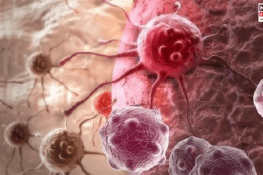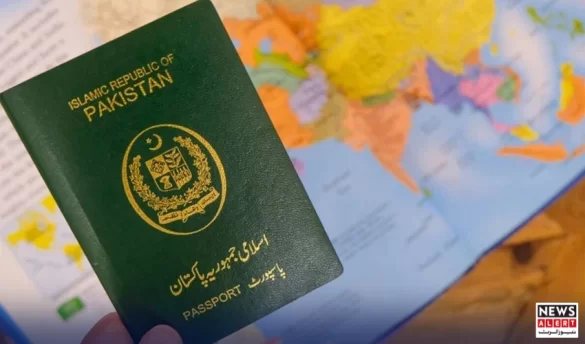A Real-Life Story Stranger Than Fiction
In a remarkable case that stunned Japan, a poor truck driver discovered at the age of 60 that he was, in fact, born into a wealthy family. The revelation came decades after a tragic mistake at a Tokyo hospital in 1953, where two newborn babies were accidentally switched shortly after birth.
The incident took place at San-Ikukai Hospital in Tokyo. Due to staff negligence, two male infants born on the same day were handed to the wrong families. One child was raised in privilege, the other in poverty — their lives unfolding in completely opposite directions.
A Life Shaped by Poverty and Hard Work
The man, whose name was withheld for privacy reasons, grew up in a struggling working-class household. He worked part-time during school to support his family and later became a truck driver, earning a modest income.
Throughout his childhood, relatives and neighbors often remarked that he did not resemble his parents or siblings. However, in post-war Japan — when survival was the main concern for many families — such remarks were brushed aside.
Despite financial hardship, he persevered. He completed his education while balancing multiple jobs and supported his family with dignity. Yet, unbeknownst to him, just a few miles away, the child who had been born to his biological parents was living an entirely different life of comfort and success.
Discovery Through a DNA Test
The truth began to unfold in 2009, when the younger brothers of the man raised in the wealthy household started noticing behavioral differences in their elder sibling. Suspicious, they ordered a DNA test, which revealed that he was not biologically related to them.
Further investigation and hospital record checks led to the shocking realization — the babies had been switched at birth. Tracing the documentation revealed the identity of the man who had lived six decades of hardship, unaware of his true origins.
Court Orders Compensation for Lost Life Opportunities
In 2013, a Tokyo court ruled that San-Ikukai Hospital was responsible for the error and ordered it to pay 38 million yen (approximately US$250,000) in compensation to the truck driver.
The court noted that the man had lost irreplaceable opportunities — a privileged upbringing, access to higher education, and the chance to know his real parents, who had both passed away before the truth emerged.
Judge Masamitsu Shiseki, in his remarks, described the case as one of the most heartbreaking identity disputes in Japan’s legal history.
Broader Debate on Accountability and Ethics
The case sparked a nationwide debate in Japan about hospital accountability, ethical medical practices, and the emotional consequences of such life-altering mistakes. Public sympathy overwhelmingly favored the truck driver, whose story resonated deeply in a society that values family honor and personal sacrifice.
Experts say that while DNA testing has become more accessible, similar incidents — though rare — highlight the critical importance of strict hospital identification protocols.
This story, both tragic and extraordinary, continues to serve as a reminder that one moment of human error can reshape entire lives for generations.














